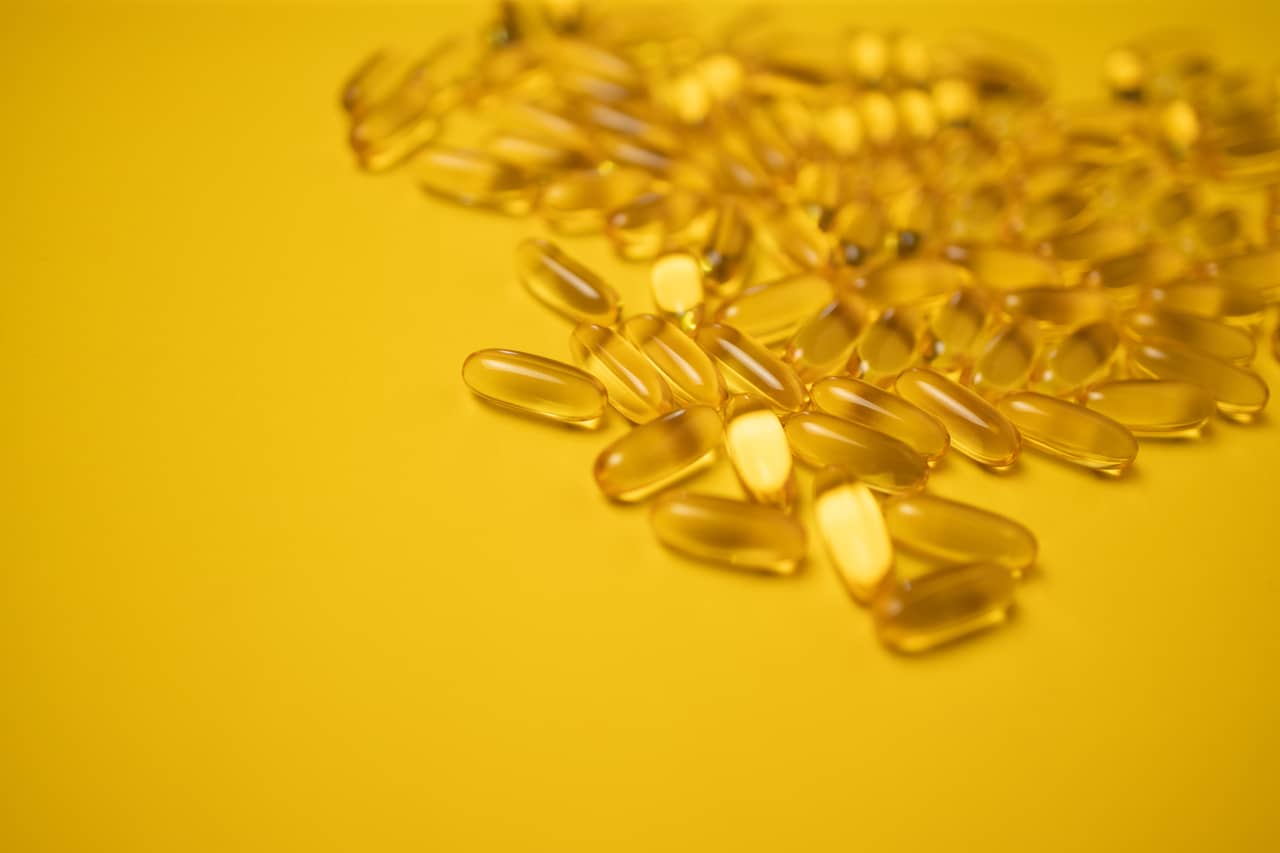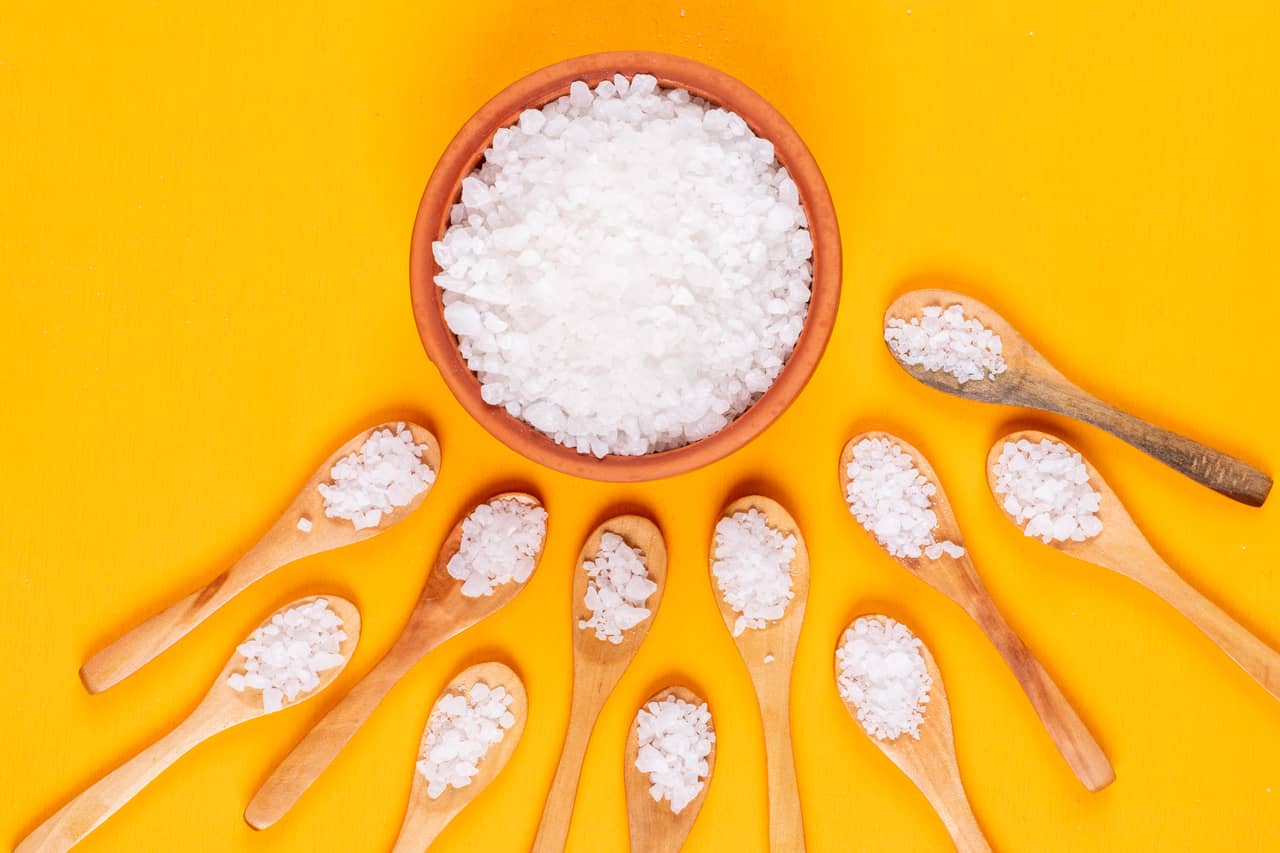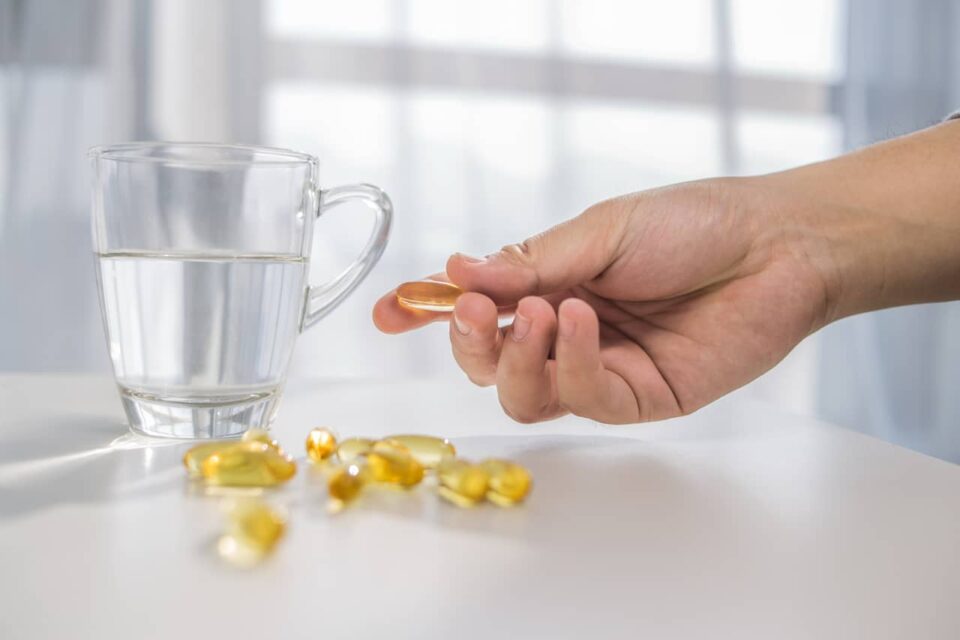Vegan dieticians have one common concern, whether they are providing their body with all the minerals and vitamins it needs.
Some think that a plant-based diet and whole-food is easily meeting the vegan nutrient intake requirements.
Some even encourage vegan dieticians to avoid all supplements.
Regardless of being well intended, such advice can harm more than doing good.
As along with all minerals and vitamins, nutrient intake is also essential through supplements But what nutrients are important for vegans?
Here are 7 nutrients that you need to optimize nutrient intake while on a vegan diet.
1. Vitamin D
Vitamin D deficiency is a problem among vegan dieticians.
Those unable to maintain blood levels normal blood levels through sun exposure or fortified food should take this supplement.
It is a fat-soluble which helps in enhancing the absorption of phosphorus and calcium.
It influences several bodily processes, including mood, memory, immune function, and muscle recovery.

The RDA (recommended daily allowance) of vitamin D for adults and children is IU (15 mcg) per day.
Some evidence suggests that your daily needs are greater than current RDA.
Unfortunately, few foods naturally contain vitamin D, and foods fortified with this vitamin considered insufficient to satisfy daily needs.
Apart from the small number of nutrients you get from your diet, vitamin D can also take from sun exposure just by spending 15 minutes in the midday when the sun is strong, and you don’t have any sunscreen.
2. Vitamin B12
It is significant for all vegans to get enough vitamin B12. The only reliable way you can get it is by taking a vitamin B12 supplement or fortified foods.
Foods that are rich in vitamin B12 include mushrooms, unwashed organic produce, Nori, spirulina, nutritional yeast, chlorella, and mushrooms grown in B12 rich soils.
For adults, the daily recommended vegan nutrient intake is 2.4 mg per day, 2.6 mcg per day for women during pregnancy, and 2.8 mcg per day while breastfeeding.

The only way for vegans to reach these levels is by taking a vitamin B12 supplement, consuming B12 fortified foods.
This fortified food includes soy products, breakfast cereals, nutritional yeast, and plant milks.
It is essential to know that vitamin B12 is best absorbed in small doses.
Hence, the less you take vitamin B12, the more you’ll required to take.
That’s the reason vegans who are unable to reach nutrient intake using fortified foods alone should take a daily supplement that provides 25-100 mcg cyanocobalamin or a 2,000 mcg weekly dosage.
3. Omega-3s
Omega-3 fatty acids are of two categories:
Essential omega-3 fatty acids: Alpha-linolenic acid (ALA) is an essential omega-3 fatty acid that can only obtained from a vegan’s diet.
Long-chain omega-3 fatty acids: It has eicosapentaenoic acid (EPA) and docosahexaenoic acid (DHA).
These are not essential as your body obtained these acids from ALA.
Plants that have high ALA content include chia seeds, flax seeds, hemp seeds, walnuts, soybeans DHA and EPA, often found in products like fish oil and fatty fish.

Getting enough ALA levels should be maintained theoretically with adequate EPA and DHA levels.
Vegans have lower blood and tissue concentration of up to 50% of EPA and DHA than omnivores.
Vegans nutrient intake should be 200-300 mg per day by supplementing with algae oil.
Minimizing the intake of omega-6 fatty acids from oil that includes sunflower, safflower, sesame oils, corns, and eating enough ALA-rich foods will help in maximizing the EPA and DHA levels.
Vegans have lower tissue and blood levels of long-chain omega-3 fatty acids.
Hence, intake of supplementing with EPA and DHA will benefit them.
Also Read: How to nourish your brain with healthy food?
4. iron
Iron is used to make red blood cells and new DNA, and carries oxygen in the blood. It is also needed for energy metabolism.
Less iron in the body leads to anaemia and symptoms of decreased immune function and fatigue.
The RDA for post-menopausal women and adult men is 8 mg. For adult women, it increases to 18 mg, and pregnant women aims for 27 mg per day.
Iron is found in two forms, i.e., heme and non-heme. Non-heme iron is available in plants while heme iron is only available from products of animals.

Since heme iron is easier to get absorbed from diet than non-heme iron, vegan nutrient intake should be 1.8 times than the normal RDA.
Vegans that have lower iron intake should eat more iron-rich foods like beans, cruciferous vegetables, peas, and more.
Iron-fortified foods also helps. These include enriched breads, cereals, plant milks, and cereals.
Using cast-iron pans and pots for cooking, avoiding tea or coffee with meals, and to combine iron-rich foods with vitamin C sources helps in boosting absorption of iron.
But, do vegans really need iron supplements?
You can determine whether you require them or not by getting your ferritin and haemoglobin levels checked by your health practitioner.
Ensure to check them else unnecessary intake of iron supplements will harm you by blocking the other minerals absorption and damaging cells.
High levels will cause convulsions that lead to coma or organ failure, or fatal. Hence, take supplement only when it’s necessary.
5. Calcium
Calcium is necessary for good teeth, bone, and heart health. It also plays a role in nerve signalling and muscle function.
For calcium, the vegans nutrient intake RDA is 1,000 mg per day for most adults and increases to 1200 mg per day for the adults more than age of 50.
Calcium from plant sources includes kale, bok choy, turnip greens, mustard greens, and fortified juices or plant milks.

Most vegans don’t need enough calcium.
Vegans encouraged to follow RDA, ensuring to consume at least 525 mg calcium every day.
vegans recommended to use supplements only when they can’t achieve nutrients from diet or fortified foods alone.
Vegans require lower calcium than omnivores as they don’t use these minerals for neutralization of acidity produced by a meat-rich diet.
6. Zinc
Zinc is a mineral that’s important for immune function, repair of body cells, and metabolism.
Zinc insufficient intake can cause hair loss, development problems, diarrhoea, and delays wound healing.
For adults, RDA of zinc is 8-11 mg per day. For pregnant women, it increases to 11-12 mg, and 12-13 mg for lactating women.
Some plant foods contain high amount of zinc. Furthermore, absorption of zinc is limited because of phytate content from some plant foods. Hence, vegetarians have 1.5 times the RDA.

To maximize nutrient intake, eat zinc-rich foods during the day. These include wheat verms, tofu, whole grains, legumes, sprouted breads, seeds, and nuts.
Soaking nuts, legumes, and seeds overnight, consuming fermented foods (like miso and temph), eating enough protein also helps in boosting absorption.
Vegans with symptoms of a deficiency of zinc or those concerned about intake of zinc, considers intake of daily zinc citrate or sinc gluconate supplement which provides 50-100 percent of the RDA.
7. Iodine
Getting enough Iodine is essential for healthy thyroid function that controls your metabolism.
Deficiency of iron while pregnancy or early infancy will result in inevitable intellectual disabilities.
Insufficient iodine intake will lead.to hypothyroidism for adults.
It causes various symptoms like dry skin, energy levels, forgetfulness, depression, tingling in your feet and hands, and wight gain.
Vegans have risk of deficiency of iodine, and studies report that vegans have more than 50% lower blood iodine levels than vegetarians.

For adults, the RDA of iodine is 150 mg. For pregnant women, it is 220 mg per day, while the breastfeeding ones are told to increase vegan nutrient intake to 290 mg per day.
Plant food iodine levels depends on the iodine soil content where they have grown.
For example, food grown near ocean are likely to higher in Iodine.
For vegans nutrient intake, i.e., 2.5 ml of iodized salt is enough to meet your daily requirements.
Vegans who avoid eating seaweed several times or consuming iodized salt pee week should take iodine supplement.
Do Vegans Really Need Supplements?
With good planning of what makes a healthy and balanced vegans diet, can get all the nutrients your body requires to be healthy without taking supplements to optimize nutrient intake.
Meanwhile, if your diet is not properly planned, then you are missing an essential nutrient intake.
Vegans should ensure to take enough vitamin B12, iron, and Calcium. Women have a particular risk of iron deficiency in either vegetarian or vegan diet.
A well planned vegan diet will help in optimizing your nutritional needs.
Certain nutrient needs will be difficult to get through fortified and diet food alone, specifically for vitamin D, vitamin B12, and long-chain omega-3s.
Vegans who are unable to meet dietary recommendations through diet alone should take supplements.
Yet, it is best to ask your healthcare practitioner about it before beginning new supplement regime.
Further Reading:




